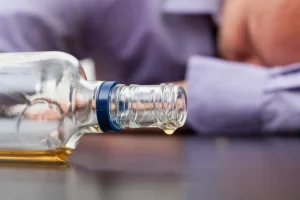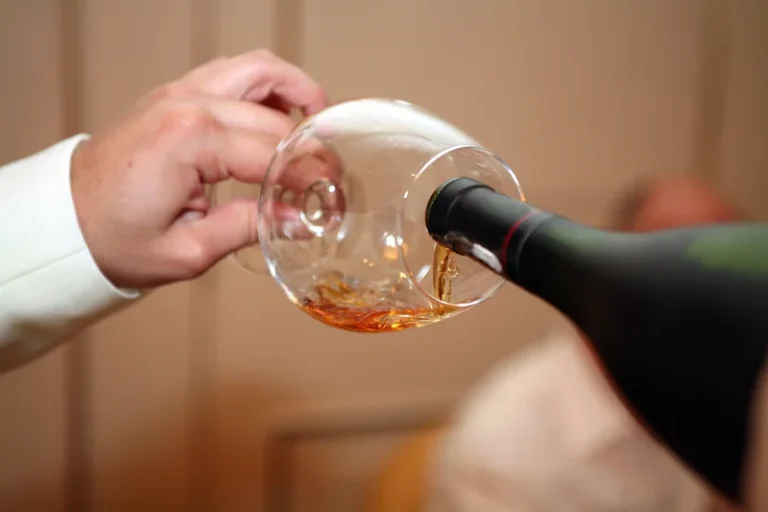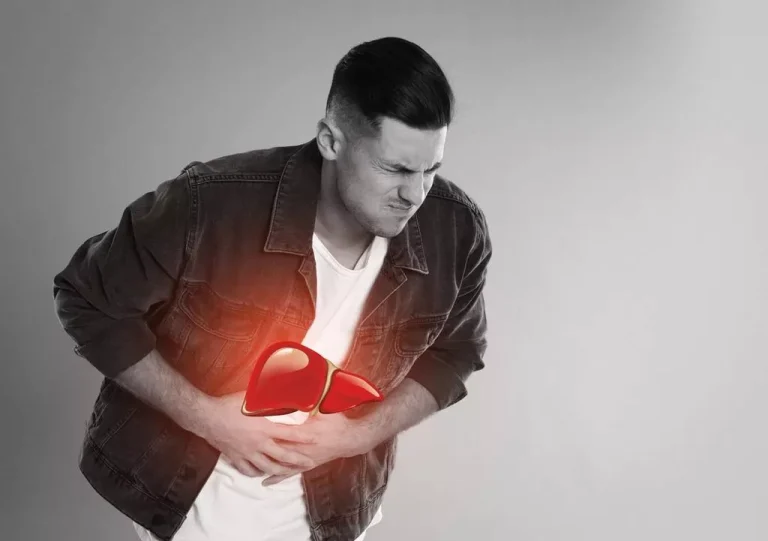
People who are daily or heavy drinkers may need medical support to quit. Stopping drinking abruptly can lead to seizures and can even be fatal. For most people, alcohol withdrawal symptoms will begin to subside after 72 hours. If you are still experiencing withdrawal symptoms after three days, talk to your healthcare provider. Your head seems to be in the cloud after binge drinking with your siblings.
Wernicke-Korsakoff Syndrome: Signs, Effects, and Treatment

The material on this site is for informational purposes only, and is not a substitute for medical advice, diagnosis or treatment provided by a qualified health care provider. Cut yourself off from caffeine by six hours before bedtime, and drink plenty of water and other hydrating beverages. Set aside 30 minutes before retiring to engage in a wind-down routine, such as taking a warm bath or meditating. If possible, be consistent with the time you go to bed and what time you get up in the morning.
Need Treatment Financing?

Our program includes evidence-based therapies, 12-step philosophy, and physical fitness activities that address addiction’s physical, emotional, and spiritual aspects. With a focus on individualized treatment and support, Renewal Lodge can provide a path toward long-term recovery for individuals struggling with alcohol use disorder. For people who have alcohol use disorder, binge drink, or have been using alcohol for many years, brain changes affecting cognitive function and mood can become severe and debilitating. Alcohol-induced brain fog lasts considerably longer when there is a history of alcoholism or another mental health issue and to treat it. Usually, professional help is necessary, so it is to make lifestyle changes like cutting back on drinking and embracing healthier habits. Fortunately, cognitive impairments created by alcohol are reversible with abstinence.
- Neurotransmitters are chemical messengers that allow neurons to send signals (messages) to each other.
- This article discusses alcohol withdrawal, its symptoms, and potential complications.
- Myers specializes in empowering those with autoimmune, thyroid, and digestive issues to reverse their conditions and take back their health.
The Best Herbs to Ease Hangover Symptoms

It may take several months of complete abstinence from alcohol to give your brain time to heal. Take note that chronic alcohol misuse can also lead to other health problems, such as liver disease and heart disease. It can be caused by a number of different factors, including alcohol addiction. Alcohol abuse causes this type of damage by depleting the body of thiamine, which is an essential vitamin for the brain. Suppose you are struggling to manage your stress levels and alcohol consumption.
How does alcohol affect your brain?
Beyond this, by definition, consuming enough alcohol to cause a “brownout,” “blackout,” hangover, or other overt brain symptomatology is evidence that the alcohol you’ve consumed is creating problems in your brain. Alcohol use disorder (or alcoholism) is also a clear issue for the brain. It has been linked to a higher risk for dementia, especially early-onset dementia in a study of 262,000 adults, as well as to smaller brain size. While definitions can be variable, one way to look at this is the consumption of 4 or more drinks on an occasion (for women) and 5 or more for men.
Talk to a healthcare provider about MS treatments that help alleviate brain fog. For instance, consider creating quiet environments for working, making checklists, and using memory aids. Research https://ecosoberhouse.com/ has found that anxiety may cause brain fog-related symptoms like impaired memory. Talk to a healthcare provider about treatments that may address your symptoms and ways to avoid memory issues.
The list includes opioid analgesics, tricyclic antidepressants such as amitriptyline (Elavil, Endep) and nortriptyline (Aventyl, Pamelor), and gabapentin (Neurontin). You often know if a drug causes memory problems soon after taking it, according to Dr. Albers. Medications usually affect memory by interfering with how hormones and neurotransmitters transmit signals between brain cells. Many older adults need multiple medications to treat one or more conditions, a situation known as polypharmacy. It is also common for older people to need to take drugs in higher doses and with greater frequency than younger people.
Alcohol works on the brain to produce its desired effects, e.g., sociability and intoxication, and hence the brain is an important organ for exploring subsequent harms. On top of that are peripheral factors that compound brain alcohol brain fog damage such as poor diet, vitamin deficiencies leading to Wernicke-Korsakoff syndrome. Prenatal alcohol exposure can also have a profound impact on brain development and lead to irremediable changes of fetal alcohol syndrome.
Support Your Brain Health

As the alcohol is metabolized and nutritional states are restored, alcohol brain fog can clear with time. Once alcohol is eliminated and alcohol withdrawal symptoms subside, people recovering from an AUD will feel more like themselves again. This change can initiate them to become more motivated to maintain sobriety. Motivation plays a major role in addiction recovery, considering the rates of relapse. Additionally showing this long-term impairment are those with Wernicke-Korsakoff syndrome, a serious neurological disorder caused by alcohol-related thiamine deficiency. When brain fog brought on by alcohol lasts for days, weeks, or even months, treating the symptoms and any underlying medical conditions is essential.
People with celiac-related brain fog report feeling disoriented, forgetful, and unable to focus or pay attention. Research has found that people with celiac disease who follow a strict gluten-free diet have improved cognitive performance. Remember, brain fog isn’t considered a medical condition itself, but a symptom of other medical conditions. If you are a casual drinker experiencing brain fog, it’s likely temporary.
